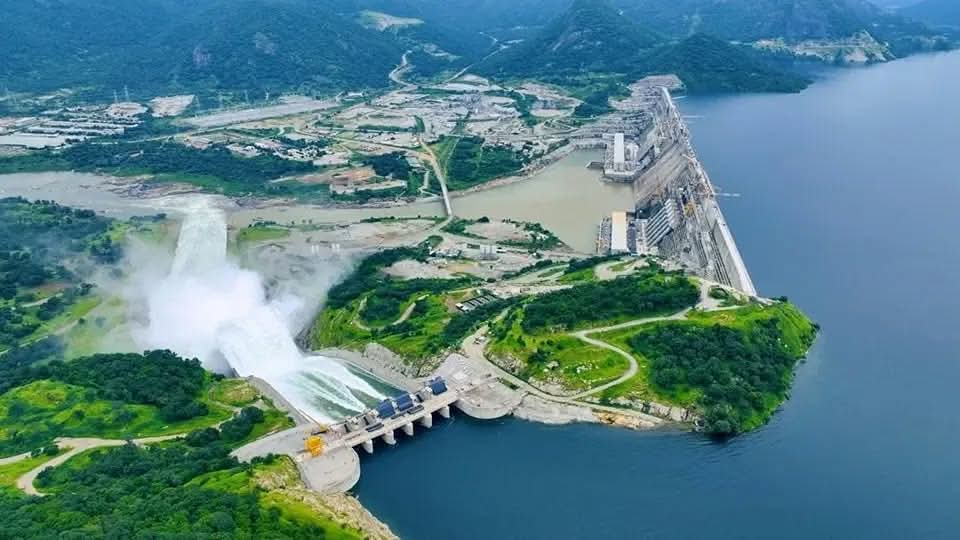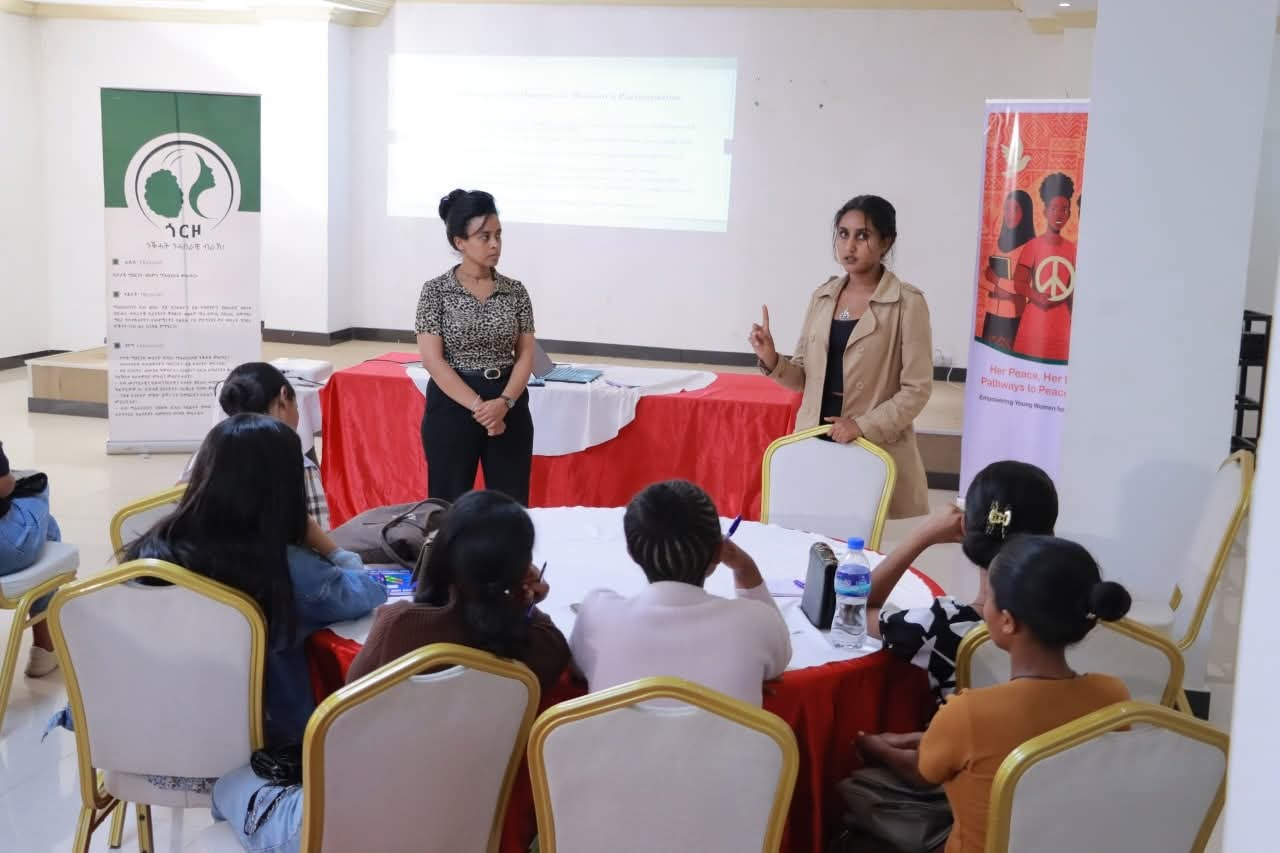Mekelle፡Telaviv, Nairobi, Pretoria, London, (Tigray Herald).
The campaign against Ethiopia’s Renaissance Dam must be confronted together
By Staff Writer
When Ethiopia laid the foundation stone of the Grand Ethiopian Renaissance Dam (GERD) more than a decade ago, it was heralded as an African project of hope: a hydropower megastructure financed not by foreign creditors but by ordinary Ethiopians. For many, it was a symbol of sovereignty, dignity, and the right to development long denied by external powers. Now, as the dam nears completion and enters its inauguration phase, Egypt has launched a new campaign of pressure one that must be resisted collectively.
Egypt portrays Ethiopia as an aggressor, arguing that Addis Ababa’s utilisation of more than 86% of the Nile’s flow threatens its survival. This claim rests not on fairness or international law, but on colonial-era treaties written without Ethiopia’s consent. Instead of embracing the principle of “equitable and reasonable utilisation” enshrined in modern water law, Cairo clings to a monopoly over a transboundary river that feeds 11 countries.
This is not just a dispute over water it is a struggle between outdated hegemony and regional equity. Egypt’s strategy is clear: isolate Ethiopia diplomatically, incite hostility among its neighbours, and leverage its strategic ties with Washington to maintain the status quo. During Donald Trump’s presidency, Cairo enjoyed explicit backing; and even now, external pressure on Ethiopia persists. Yet history and lived reality show that no amount of foreign lobbying can erase Ethiopia’s legitimate right to harness its own resources.
The Horn of Africa and the Middle East are already gripped by overlapping conflicts. From the devastating war in Sudan to the cycles of violence stretching from Eritrea to Somalia, proxy rivalries have kept the region trapped in crisis. Egypt’s hand in these dynamics is no secret. Rather than promoting stability, Cairo seeks to expand its influence by sowing divisions and blocking Ethiopia’s aspirations.
Ethiopia, meanwhile, has chosen a different path. It has consistently upheld the principle that “African problems must be solved by Africans,” while expanding its diplomacy at global forums. It has shouldered the dam’s financial burden itself, proving that sovereignty and self-reliance are not empty slogans. What is now required is unity: just as Ethiopians once pooled their meagre resources to build the GERD, they must now stand as its ambassadors against this latest campaign of pressure.
The GERD is more than concrete and turbines. It represents a break with dependency, a chance for clean energy, and a step towards lifting millions out of poverty. Egypt’s new campaign should not just be seen as a challenge to Ethiopia, but as a challenge to African self-determination. And the answer, as ever, must be collective resistance rooted in unity, diplomacy, and the refusal to bow to outdated hierarchies.
Translated from Repoter Amharic version






